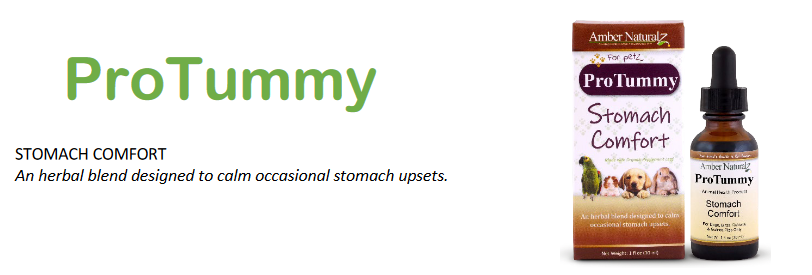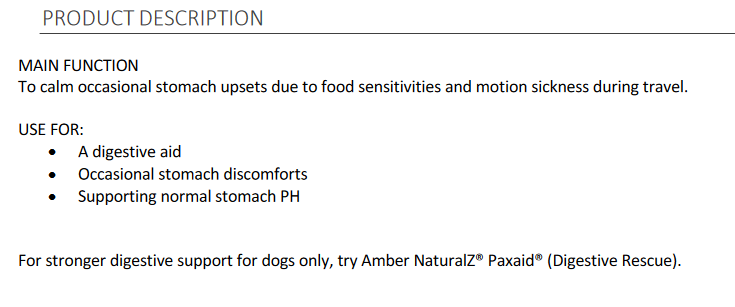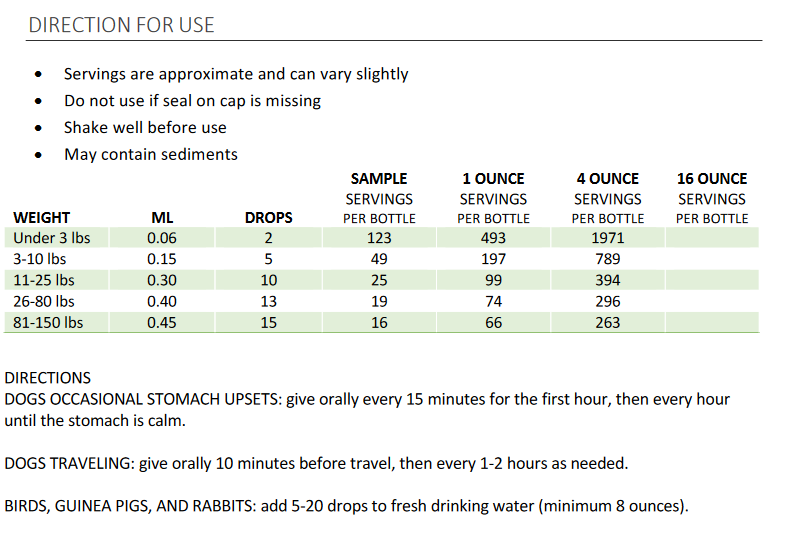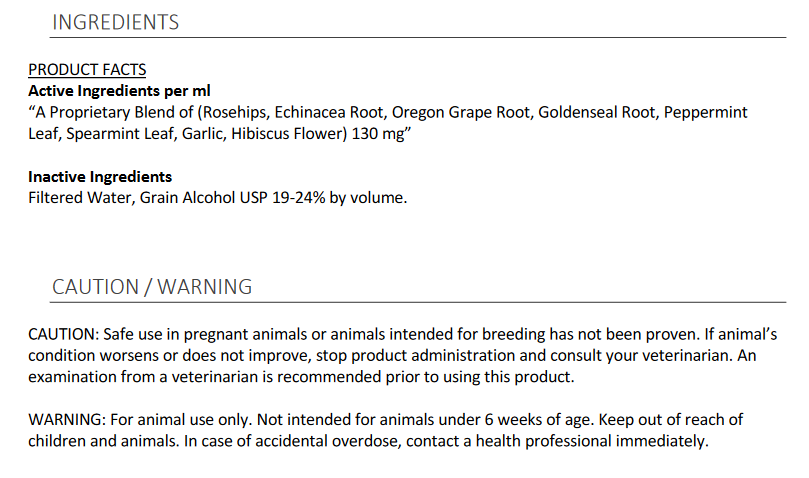ProTummy 1oz
UK/Europe Only
See Ambernaturalz.com for outside Europe
UK/Europe Only
See Ambernaturalz.com for outside Europe
Delivery: From CHC
Prices plus postage
Prices plus postage
4oz bottles are available but not currently held in stock but can be ordered for you.
Items not in stock will be added to our next order from Amber Naturalz.
Orders are normally shipped to you in around 7-10 days, but please allow up to 21 days
for these items (depending on when our order is placed in relation to yours with us).
You will receive confirmation of estimated delivery time upon receipt of your order
(or feel free to contact us to enquire beforehand).
Items not in stock will be added to our next order from Amber Naturalz.
Orders are normally shipped to you in around 7-10 days, but please allow up to 21 days
for these items (depending on when our order is placed in relation to yours with us).
You will receive confirmation of estimated delivery time upon receipt of your order
(or feel free to contact us to enquire beforehand).
Do Not Mix
ProTummy Should Not Be Used With These Amber NaturalZ, Inc. Products:
ProTummy Should Not Be Used With These Amber NaturalZ, Inc. Products:
- Kitty-DT
- Paxaid
What Can Cause Vomiting And Diarrhea?
Dietary Indiscretions - The most common cause of vomiting in dogs and ferrets (not so many in cats) are dietary indiscretions – the eating of garbage, grass, plant leaves, etc.
Diet Change - Changing your pet’s diet from one brand to another often causes a few days of vomiting and diarrhea. This problem is worse when the diet is changed to a bargain-priced generic chow high in indigestible protein.
Eating too Fast - Dogs, cats and ferrets that are not fed frequently enough or feel competition from other pet members may vomit undigested food soon after eating.
Intolerance to Specific Food Items - Pets will eat all sorts of thongs and they have an easy vomit reflex and the slightest irritation of the stomach brings these items back up.
Food Allergy - If you suspect food allergy, try eliminating all foods and re-introducing each food one at a time.
Car Sickness - Yes, even pets can get carsick.
Overeating - Some dogs and many cats over-eat when they are fed once a day. This can result in diarrhea, colic and vomiting.
Stress - Some pets vent stress through their intestines. This can take the form of vomiting, refusal to eat, diarrhea or blood in the stool.
Antibiotics And Sulfonamides - Many antibiotics and sulfonamides disrupt the normal helpful bacterial flora in the intestine as well as killing pathogenic (dangerous) bacteria. When the normal bacterial flora of the intestine is destroyed, diarrhea may result. Giving your pet yogurt or bacterial gel pastes, decreasing the antibiotic dose, or changing to a different (or natural) antibiotic will all help. One may also administer acidophilus.
Other Drugs From The Pharmacy - Many medications that are dispensed to your pet can cause diarrhea. Thyroid medication, NSAID’s drugs such as Rimadyl and aspirin, worming medications, and topical insecticides are only a few of the medications that can cause diarrhea.
What If Tummy Trouble Does Not Help My Pet? You should see some improvement within 48 hours. If your pet continues to worsen while giving Tummy Trouble we recommend taking your pet to your Veterinarian health care provider for further diagnosis.




